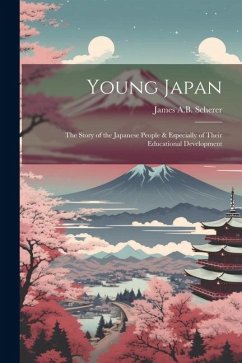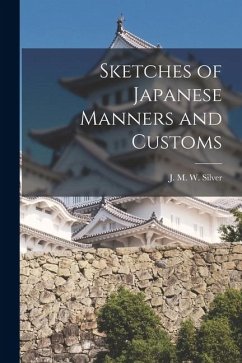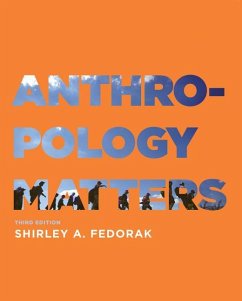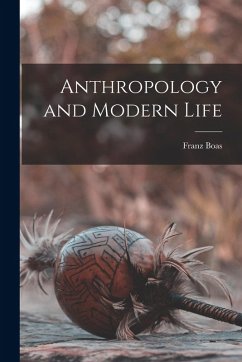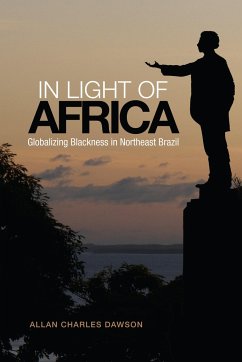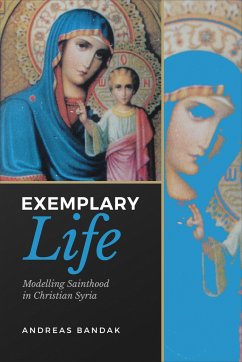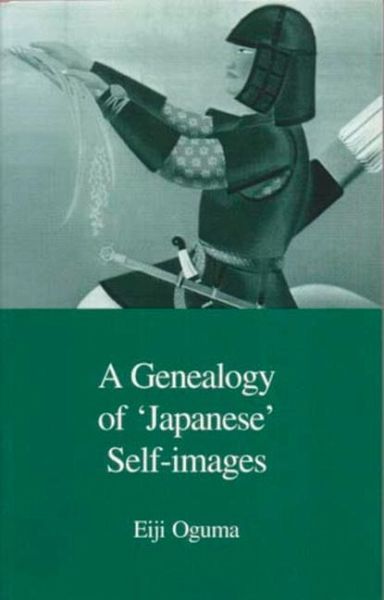
A Genealogy of Japanese Self-Images
Versandkostenfrei!
Versandfertig in über 4 Wochen
27,99 €
inkl. MwSt.

PAYBACK Punkte
14 °P sammeln!
This book presents a counter-argument to the Japanese belief that they are a homogeneous nation since the Meiji period. Eiji Oguma demonstrates that the myth of ethnic homogeneity was not established during the Meiji period, nor during the Pacific War, but only after the end of the war. The study covers a large range of areas, including archaeology, ancient history, linguistics, anthropology, ethnology, folk law, eugenics and philosophy, to obtain an overview of how a variety of authors dealt with the theme of ethnicity. It also examines how this myth of homogeneity arose and how the peoples o...
This book presents a counter-argument to the Japanese belief that they are a homogeneous nation since the Meiji period. Eiji Oguma demonstrates that the myth of ethnic homogeneity was not established during the Meiji period, nor during the Pacific War, but only after the end of the war. The study covers a large range of areas, including archaeology, ancient history, linguistics, anthropology, ethnology, folk law, eugenics and philosophy, to obtain an overview of how a variety of authors dealt with the theme of ethnicity. It also examines how this myth of homogeneity arose and how the peoples of such Japanese colonies as Korea and Taiwan were viewed in the pre-war literature on ethnic identity. This is the first English translation of A Genealogy of "Japanese" Self-Images, which won the Suntory Culture Award in 1996.



